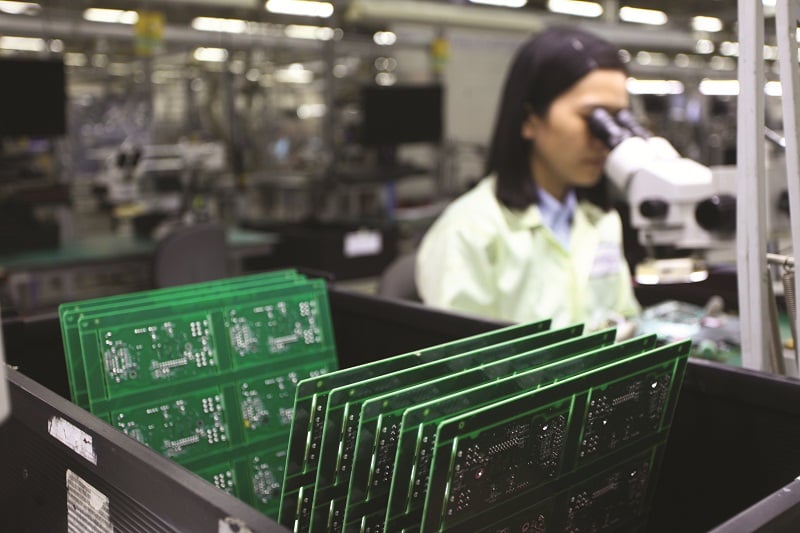 |
| Manufacturing of electronic complex devices at the Spartronics Vietnam factory (part of the Sparton Group, USA). Photo: Le Toan |
Laying a solid foundation for economic cooperation.
Looking back at the 30-year journey of developing relations between the United States and Vietnam, from the normalization of diplomatic relations to a Comprehensive Strategic Partnership, the significant contributions of US businesses cannot be overlooked. The investment and business activities of US companies in Vietnam have not only helped to strengthen economic ties between the two countries but have also acted as a catalyst for economic development in Vietnam.
Although not among the leading countries in investing in Vietnam, US investment is a driving force behind foreign investment flows, especially as the US decides to diversify its supply chains and shift some supplier manufacturing operations to Vietnam. While challenges remain, Vietnam's commitment to strengthening bilateral cooperation, along with its efforts in digital transformation, green development, and administrative reform, is opening up new prospects for US investment in Vietnam.
The decision to normalize diplomatic relations between the United States and Vietnam in 1995 marked a significant milestone, opening a new chapter in economic relations between the two countries. In the early years, US businesses primarily sought and conducted trade. This was followed by modest-scale investments, mainly focused on consumer goods production. Coca-Cola, Procter & Gamble, and others were among the pioneering US companies investing in Vietnam. They played a crucial role in building confidence for other US businesses to enter the Vietnamese market.
Vietnam's strategic location, coupled with its young workforce and market-oriented economic reforms during the Doi Moi (Renovation) period, were key factors attracting the attention of US investors during this time. Although some limitations remained, such as incomplete infrastructure and an unstable legal framework, a solid foundation for future economic cooperation had been established.
Expand investment into multiple sectors.
The signing of the bilateral trade agreement between Vietnam and the United States in 2001 laid the groundwork for the expansion of US investment in many key sectors of the Vietnamese economy and facilitated Vietnam's accession to the World Trade Organization (WTO) in 2007. These trade agreements significantly reduced technical barriers, created a more transparent and predictable legal environment, and further strengthened the confidence of US investors in the Vietnamese market.
Along with Vietnam's economic development and foreign investment attraction policies, since the early 2000s, US businesses have begun to enter many economic sectors such as technology, energy, healthcare, and finance. Leading US companies like Intel, General Electric, and Citibank have not only brought significant investment capital to Vietnam, but also advanced knowledge, management experience, and cutting-edge technology. Particularly in the technology sector, there have been major investment projects, such as Intel's $1 billion investment in Ho Chi Minh City in 2006, opening up the potential for Vietnam to become a hub for high-tech manufacturing.
Besides investment activities, US businesses are also actively involved in social activities and community support. They participate in environmental protection projects, improve public health, empower women, and implement skills training programs aligned with Vietnam's sustainable development goals.
However, during the process of investing in Vietnam, US businesses also encounter a number of difficulties and challenges. The complexity and overlap of legal documents, inconsistent policy implementation, and infrastructure limitations are major barriers for foreign investors, including US businesses.
Many promising prospects for the future.
Despite numerous challenges, U.S. investment in Vietnam holds significant promise for the future. Impressive economic growth, political stability, digital transformation efforts, green growth initiatives, and, in particular, the commitment of the entire political system to strengthening bilateral relations with the United States, are key factors contributing to this prospect.
To transform challenges into opportunities, enhanced cooperation between the government and the business community and investors is necessary. Dialogues on trade and investment policies, improved transparency, and alignment with global standards will contribute to improving the investment environment in Vietnam. Furthermore, education and cultural exchange can also help strengthen mutual understanding and ties between the two countries.
The past 30 years are clear evidence of the power of economic cooperation. From humble beginnings to diversification across sectors, U.S. investment has significantly contributed to Vietnam's development while creating substantial value for U.S. businesses.
Vietnam is striving to become a high-income country. Close cooperation and facilitating investment by U.S. businesses in Vietnam will undoubtedly remain a key pillar for both countries to continue building a prosperous, sustainable, and mutually beneficial future.
President Donald Trump affirmed that the United States will significantly reduce reciprocal tariffs on many Vietnamese exports and will continue to cooperate with Vietnam in resolving obstacles affecting bilateral trade relations, especially in priority areas.
General Secretary To Lam requested that the United States soon recognize Vietnam as a market economy and lift export restrictions on certain high-tech products.
In addition, General Secretary To Lam and President Donald Trump also exchanged views on a number of major directions and measures to promote the comprehensive strategic partnership in the coming years.
Source: https://baodautu.vn/dau-tu-tu-hoa-ky-dan-dat-dong-von-ngoai-vao-viet-nam-d321300.html









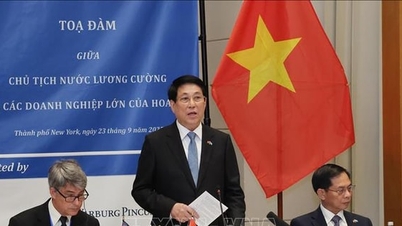

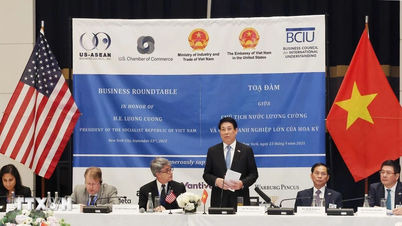

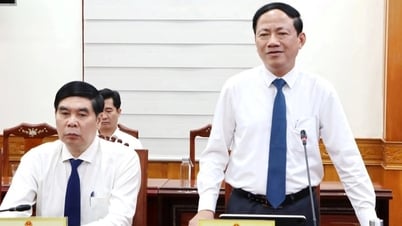

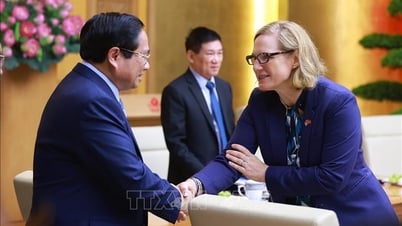

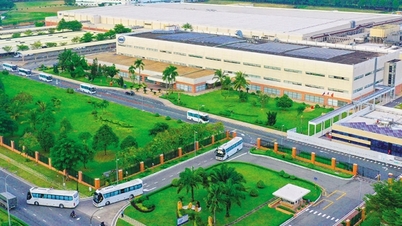

















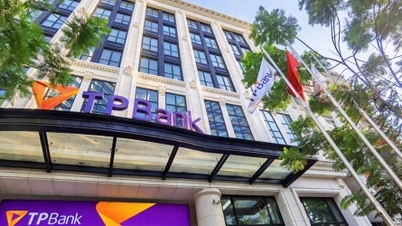




























































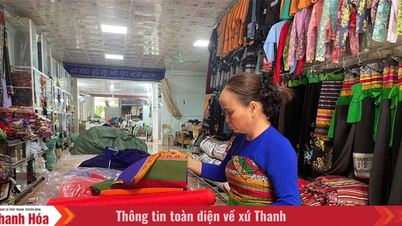

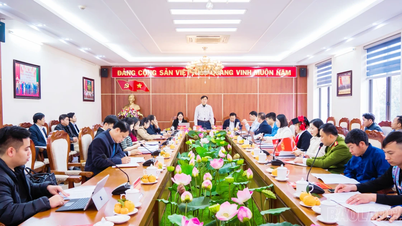













Comment (0)